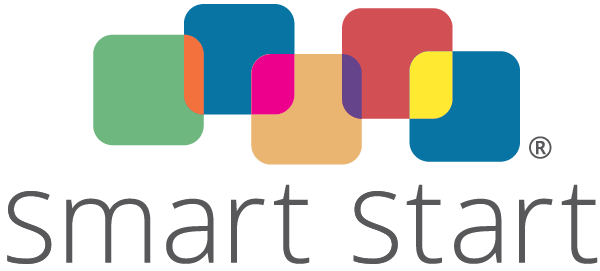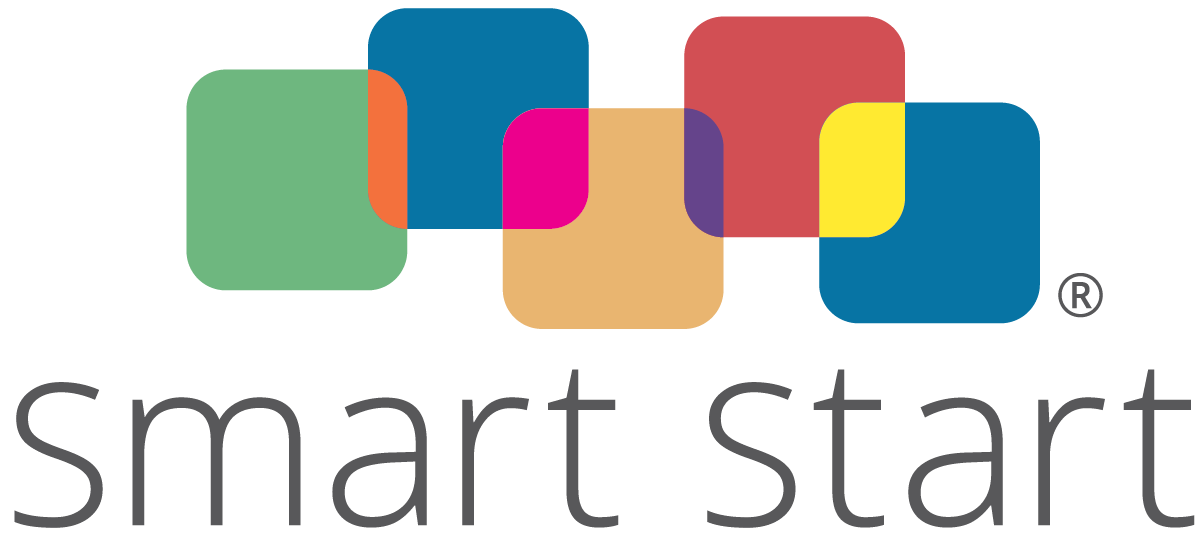Press Release: April 20, 2009 – Children in Eastern NC to Benefit from Developmental Screenings
Smart Start Partnerships to Provide Training to Local Doctors
RALEIGH, NC—Children in eastern North Carolina will soon be more likely to receive developmental screenings as part of their well-child visits. Local Smart Start partnerships will work in Craven, Pamlico, Lenoir, and Greene counties to provide training and technical assistance to physicians and office staff so that children receive appropriate developmental screenings and referrals.
“Health disparities have been the norm in the eastern part of the state—and this has been especially true when it comes to recognizing developmental delays in young children,” said Patricia Purnell, executive director of Craven Smart Start, Inc. “This program will help change that by making child development services a routine part of preventive pediatric care.”
Known as the Assuring Better Child Health and Development program, or ABCD, the initiative has been successfully implemented by local Smart Start partnerships in other areas of the state. In doctor’s practices already participating in ABCD, the percent of children receiving recommended developmental screening went form 80 percent to 98 percent.
This second phase of ABCD was designed to overcome challenges that come with being as geographically large, rural and sparsely populated as eastern North Carolina. Three local Smart Start partnerships—Craven Smart Start Inc., The Partnership for Children of Lenoir and Greene Counties, and Pamlico Partnership for Children, Inc.—came together so that they could best meet the needs of children in their communities. They jointly applied for the grant from The North Carolina Partnership for children, Inc., which was funded by the Kate B. Reynolds Charitable Trust.
Nationally, approximately 16% of all children have some form of disability, including speech and language delays, cognitive impairment, learning disabilities, and emotional/behavioral problems. The numbers are even higher for low-income children. About 70% of children with disabilities are not identified before they enter school. Early identification is critical and has long-term impact on child’s well-being and academic success. Children who participate in early intervention programs prior to kindergarten are more likely to graduate from high school; hold jobs; live independently; and avoid teen pregnancy, delinquency, and violent crime.
While the work will begin in four counties, it is expected to expand to other eastern North Carolina counties.
###
Smart Start is North Carolina’s early childhood leadership network dedicated to assuring that every child reaches his or her potential and is prepared for success in a global community. For more information, visit our What is Smart Start? page.


Trackbacks for this post